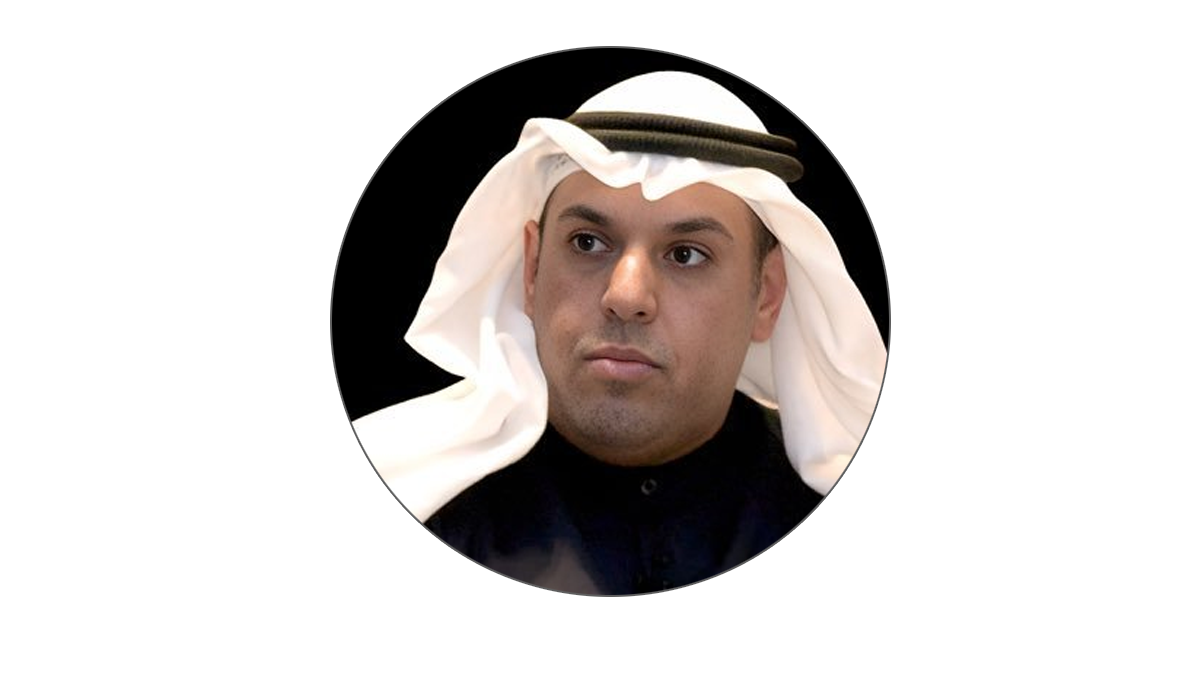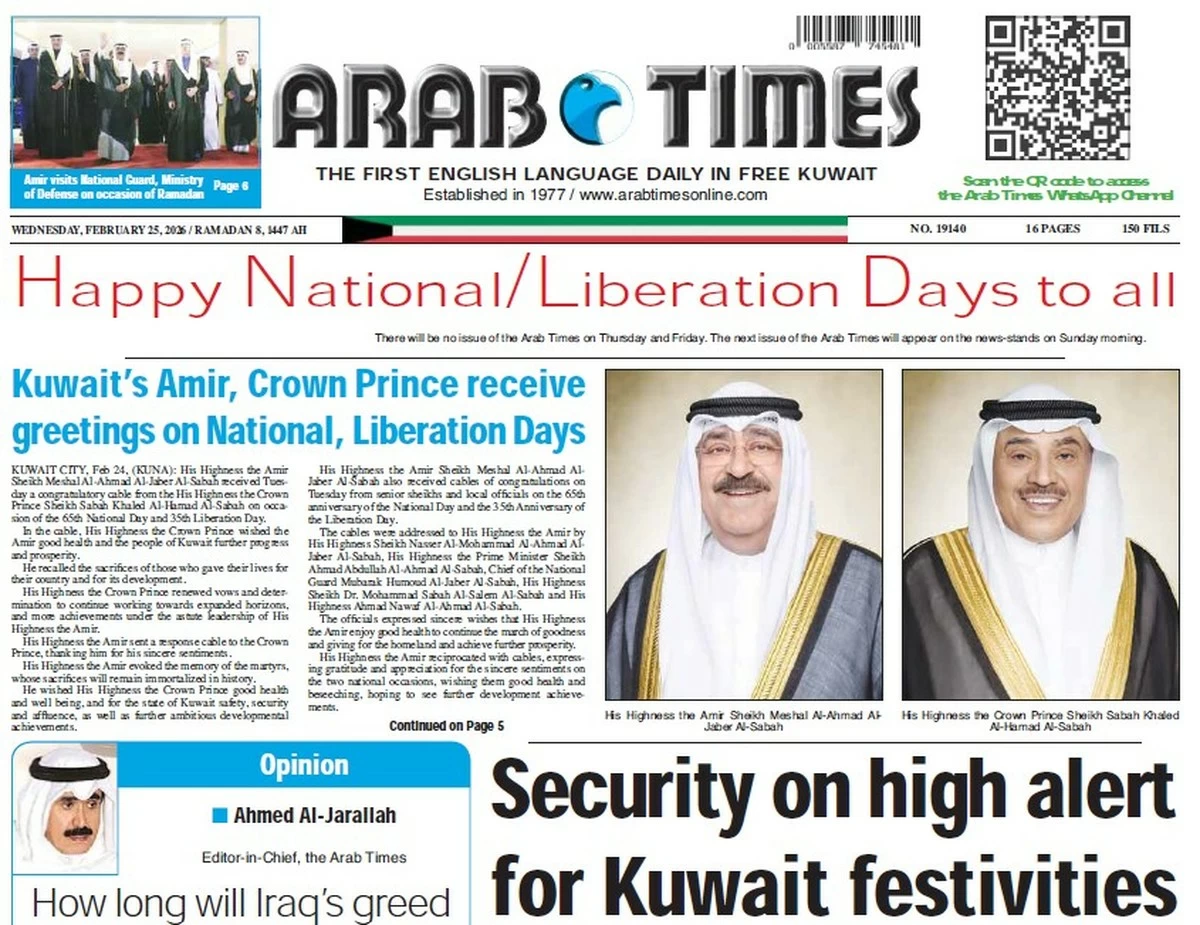25/09/2025
25/09/2025
This image helps us understand the Kuwaiti political scene today. The past was far from ideal. Parliaments were often consumed by chaos, overreach, blackmail, and personal enrichment. Some parliamentarians acted as if they were local rulers, only missing a private militia. To be fair, a few voices showed integrity and principle, and many remember them with pride. But more than a year after parliament was dissolved, these rare examples are being romanticized as if they represented the entire institution. That is a distortion that hinders honest self-reflection.
The citizen has remained the constant casualty. He is often treated as though he participates in decision-making, while in reality, his role is closer to that of a child pleading for candy. The decision to grant or deny lies only with the executive. If past turbulence and parliamentary noise once distracted the government from listening to sincere advice, what excuse exists today? The government now holds full authority to steer the country without institutional or popular obstruction. What prevents bold decisions, innovative policies, and real correction of mistakes?
Nation-building requires constructive friction and a culture of meaningful debate. Honest criticism allows leaders to separate genuine advice from narrow self-interest. When society is told to stay quiet and when silence is praised as loyalty, the result is wasted years, shallow victories, and growing frustration. Silence in governance is not a sign of strength. It is a weakness hidden behind guarded offices, tall walls, and scripted press statements.
What Kuwait needs today is balance. The country should not return to the reckless noise of the past and should not accept the suffocating quiet of the present. It needs a culture of listening where a different opinion is seen as an asset rather than a threat. The greatest danger to any government is not criticism. The greatest danger is the absence of criticism.



